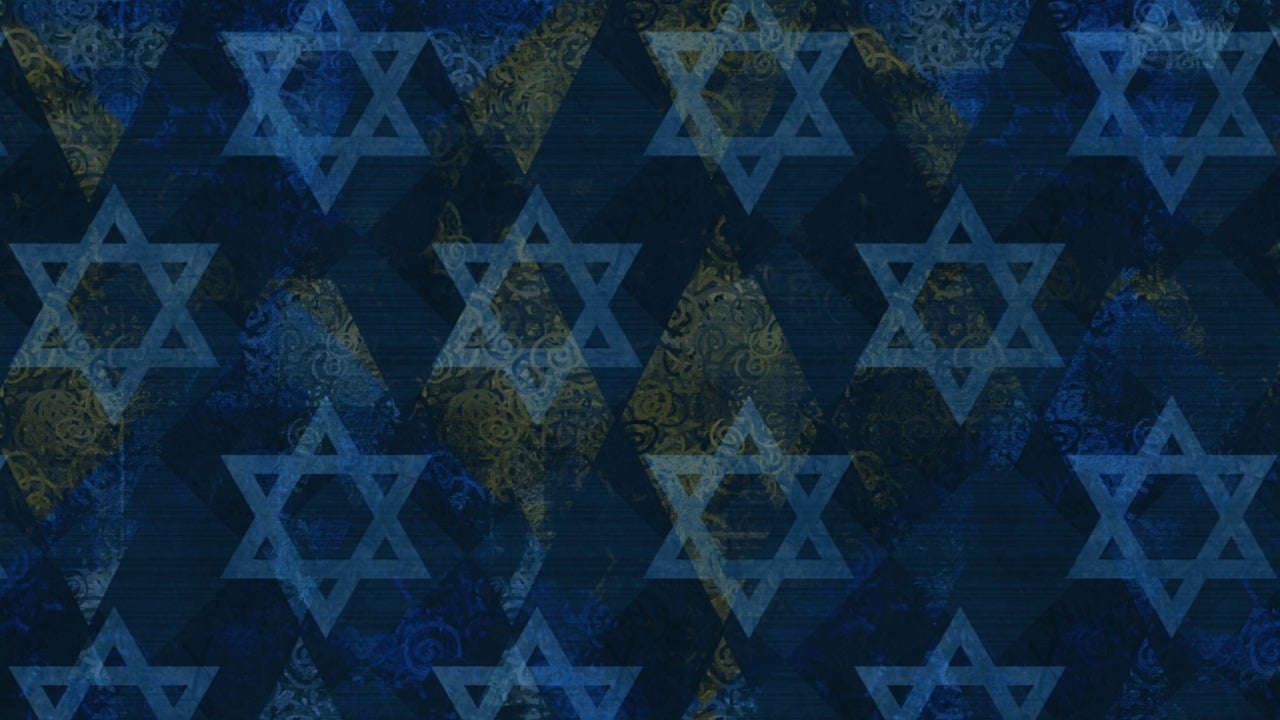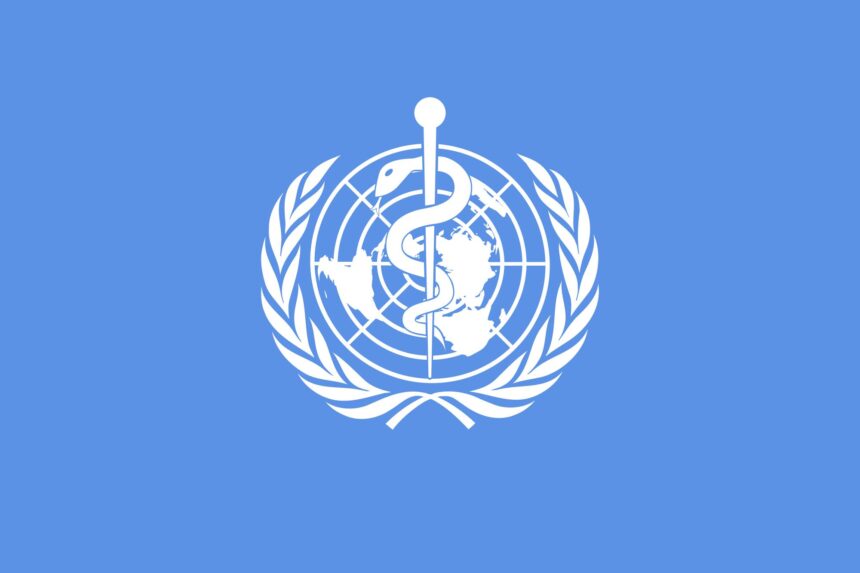On May 19, 2025, the World Health Organization (WHO) surprised many by fast-tracking its “Pandemic Treaty” draft for a vote on the opening day of its 78th annual assembly in Geneva. This swift approval, with 124 nations in favor, 11 abstaining (including Israel, Slovakia, Poland, Italy, Russia, and Iran), and none opposing, has been widely decried as a “bureaucratic snatch.” Critics argue it was designed to bypass genuine public and democratic debate, pushing through a new global health framework with alarming speed.
WHO’s Expanding Reach and Alarming Powers: A New Global Health Governance Model
The proposed Pandemic Treaty and accompanying amendments to the International Health Regulations (IHR) of 2005 represent a significant expansion of the WHO’s authority. Under the new framework, the WHO Director-General could gain the power to unilaterally declare pandemics, including “climate pandemics,” based merely on a “perception of risk,” without requiring clear epidemiological standards. This would obligate member states to comply with directives on national policies, demand biological information sharing, control the distribution of medical resources, and even influence national legislation.
Experts like Dr. David Bell, Dr. Thi Thu Van Dinh, and Dr. Meryl Nass have voiced grave concerns. They highlight the treaty’s ambiguous language, replete with phrases such as “shall endeavor,” “may,” “as appropriate,” and “when mutually agreed.” Such vague formulations, they argue, allow the WHO broad interpretive power, potentially leading to de facto coercion without formal commitment. A major concern is the WHO’s inherent lack of democratic oversight; it is not subject to direct public scrutiny or elected by the citizens of its member states, making the transfer of such extensive powers problematic. Furthermore, critics warn of potential implications for human rights, including enforced surveillance, censorship, and mandated digital passports, as governments would be required to “only push a single narrative.”
Some analysts suggest this framework could foster a “pandemic industry.” They argue that the WHO, alongside private foundations, governmental bodies, and multinational corporations, views pandemics as a “goose that lays golden eggs.” This creates a distorted incentive system where prolonged health crises lead to continuous funding, contracts, and grants, prioritizing resource flow and institutional expansion over effective, targeted health solutions. Article 12 of the treaty, for instance, could mandate manufacturers to allocate 10% of their output to the WHO in real-time during a pandemic, with another 10% at a discounted price, further cementing the WHO’s central role in managing global medical supply chains.
The Sovereignty Paradox: Israel’s Unsettling Stance Amidst Historical Claims
A central and deeply ironic point of contention is the treaty’s potential erosion of national sovereignty. While Israel has a strong historical precedent of asserting its sovereignty over liberated territories—such as Jerusalem in 1980 and the Golan Heights in 1981 under Prime Minister Menachem Begin—its current government appears to be actively ceding authority to the WHO. Sovereignty movements in Israel, like “Women in Green” and “Regavim,” tirelessly advocate for extending Israeli law over Judea and Samaria, often citing Prime Minister Netanyahu’s past vows, such as his 2019 promise to “extend sovereignty to all the settlements and the settlement blocs.” Yet, despite holding a “clear mandate” for several years, Netanyahu has not acted on these promises.
This domestic focus on territorial sovereignty stands in stark contrast to Israel’s approach to the WHO Pandemic Treaty. Despite the organization’s documented history of open disdain and political bias against Israel, the Israeli government has actively participated in negotiating the treaty. Israel’s Ambassador to the UN, Gilad Erdan, even co-facilitated a UN General Assembly High-Level Meeting on Pandemic Prevention, Preparedness, and Response and led negotiations for a “pandemic declaration” that explicitly recognizes the WHO as “the directing and coordinating authority on international health.” This commitment comes even as critics warn that the treaty’s “soft power” mechanisms could make WHO recommendations de facto binding, effectively diminishing national control over critical health and security policies.
WHO’s Condemnations and Israel’s Indignation: A Pattern of Bias
The paradox is further highlighted by the WHO’s repeated condemnations of Israel. While Israel’s Health Ministry has expressed “profound disappointment” in the WHO’s neglect of Hamas atrocities and its criticism of Israeli efforts to warn Gaza hospitals before airstrikes, the Israeli government continues its submission to the global body.
The WHO has a documented history of singling out Israel. In May, it condemned Israel for “violating health rights” at the 75th World Health Assembly based on unsubstantiated claims regarding Palestinian children. More recently, the WHO blamed Israel for a Gaza hospital bombing, claiming 500 civilian deaths. This accusation was later disproven by footage, including from Israel’s Channel 12, showing the hospital largely intact and the destruction confined to its parking lot, caused by a failed rocket launch from within Gaza. These incidents underscore the WHO’s politicized agenda, raising serious questions about its impartiality and fairness should it gain more operational powers within Israel, including influence over border closures, medicine allocation, and medical equipment distribution.
A Critical Choice for Israel’s Future: Sovereignty at Stake
With the draft treaty now finalized, member states have approximately one year to formally approve or reject it. For Israel, this is not merely a bureaucratic formality but a fundamental decision about its national identity and control over its own health and security policies.
Critics argue that focusing solely on territorial sovereignty while overlooking the immediate and dangerous threat posed by the WHO’s expanding powers is a critical oversight. Israel faces a pivotal choice: either passively accept the treaty, effectively surrendering aspects of its sovereignty to a body that has demonstrated bias against Israeli interests, or actively reject it, joining other nations like the United States and Argentina (who have announced withdrawal from related agreements) and those expressing public reservations, such as the UK and Netherlands, in prioritizing national autonomy.
As Slovakia’s Prime Minister Robert Fico stated, “The Slovak government has instructed us to refrain from supporting the convention, as it undermines the principle of sovereignty and disproportionately interferes with human rights.” For Israel, silence in this moment is a choice with profound implications.





